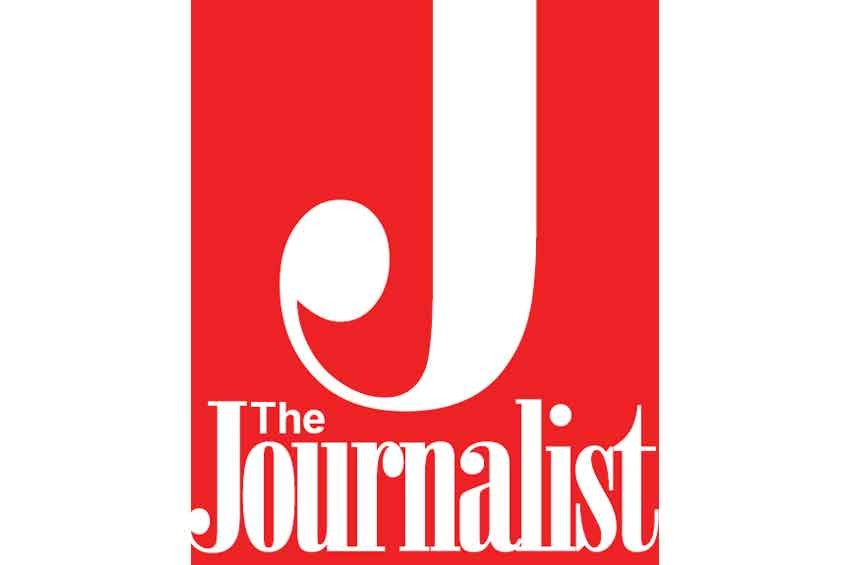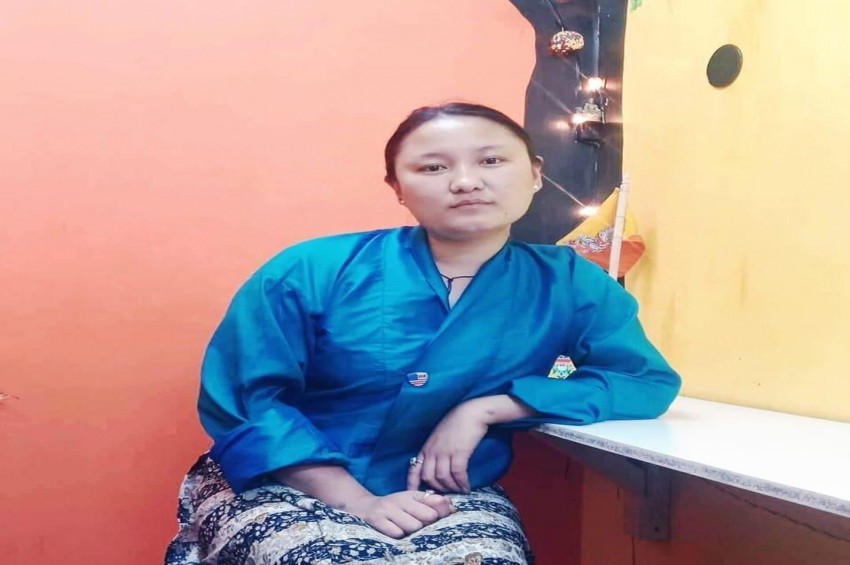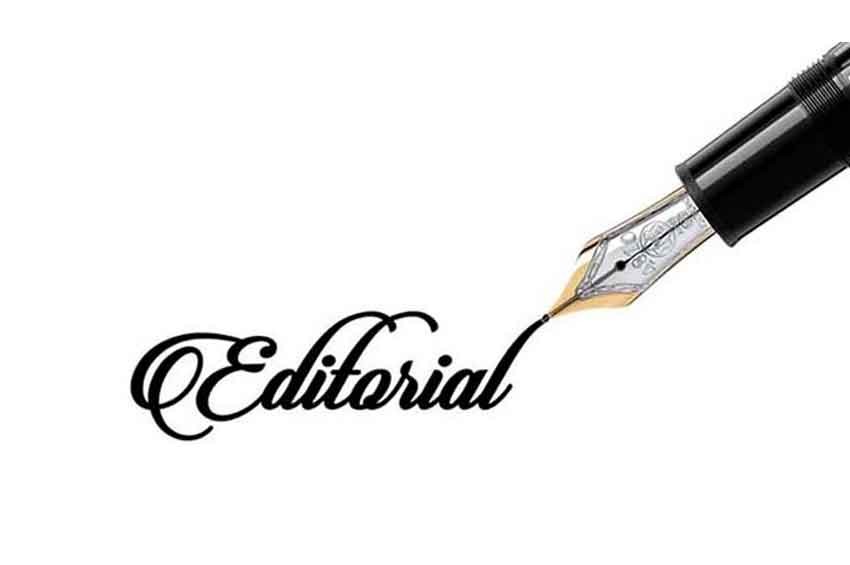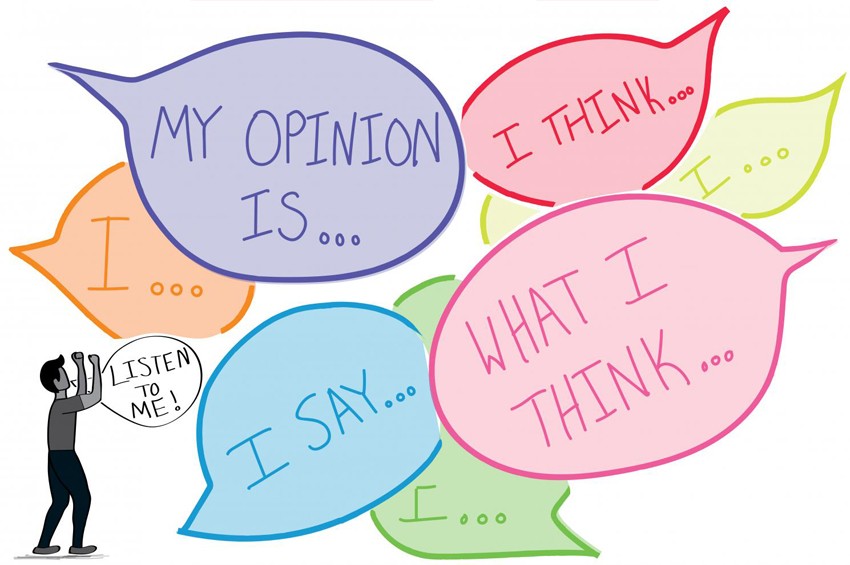The development of a country together with rise in the voices of people, the media questioning the government and other agencies on policies made and asking for accountability are all signals that democracy is deepening. And despite lack of financial aptitude, most of the Bhutanese private media have refused to close shop and are in their own small ways contributing in the dissemination of information and other responsibilities they hold. Adding to this, a study conducted by Bhutan Media Foundation (BMF) says about 90% of the Bhutanese people are active members of at least one social media and nearly spend about three hours on social media every day, which is more than the global average of over 2 hours.
As pointed out in the study, social media “runs rife in our homes, schools, politics and religious places,” and on average, a Bhutanese handles four social media accounts, with Facebook, WeChat, and YouTube being the three most popular platforms. While this may be good, the other side of the study is a concern - more than 50% of social media users in Bhutan have little or no awareness of privacy and ethical issues. And the concern becomes a dangerous time bomb when issues like the current one, the Tsirang Story is thrown into the social media domain and read by people, including the 50 percent who are not aware of privacy and ethical issues.
It does not mean that people cannot exercise their rights enshrined in the Constitution; the right to freedom of speech, opinion and expression and the right to information, including Fundamental Duties, such as the duty to uphold justice and to act against corruption and the duty to act in aid of the law. As citizens, and responsible ones, individuals should question those in power. But this does not mean that you exercise your rights and duties every time, on ones whims and fancies, especially because those unaware of ethical issues could break all boundaries and even lead to disturbances in what are today peaceful communities.
One of the essential components of a vibrant democratic society is undeniably a free media. But together with it, there should be objectivity, truth and balance. A story should be told in its entirety, not half baked ones, followed by sequences, for people will be misled. By the time they read episode 2 of a story, they will neither remember, nor read episode one.
From reports by different media houses we are now realizing the episodes behind the case of Dil Bahadur Chhetri Neopani. In all fairness, I do not see any area where the judiciary can be questioned. It was surprising to read that the Tsirang Court had even called the girls and family where one girl reportedly said that she was kissed. To quote a Judge, “people should read the entire document and then make comments or judgments.” As judgments are huge, many would not have done it. Those commenting on social media are expressing their views, based on what they are fed. We love to watch movies, especially thrillers and until the end of the movie we cannot say who the “goon” actually is. Nor can we comment if the movie was worth watching or not.
The judgments of courts are based on evidences provided. It is very technical. Even if one has signed a document under duress, if he/she fails to say this in court, you lose. Taking into consideration the fact that one may not be able to do such things, people give written statements to the court, so that if, for reasons unknown, you cannot speak in the court, you get the opportunity to give your part of the story in writing. And these statements will not be confiscated by the police or other investigators. It remains with you and your lawyer.
What perplexes me further is, where were all the sympathizers of Dil Bahadur till now? If I was one, I would have begun right after the verdict by the Tsirang District Court. I would have stood by him till the verdict by the Supreme Court. To roughly translate a popular Bhutanese saying, it is “taking out ones’ sword after the bear disappears.”
There are other contradictions too. In his first hearing DB Chhetri did not say that his confession was forced. His lawyer did not mention about the police officer allegedly making him write confessions four times. Some of the parents who signed later said they did not sign. As mentioned above, even if all could not say so in court, they have the opportunity to give it in writing. If not DB Chhetri or his family members, his lawyer should have known this.
A judge has also asked the Bhutanese media if any people could go around and ask for statements and that there are certain procedures that have to be followed. This is a valid point too, for anyone can act savior for his/her personal interest. Without much legal background, I checked about Journalist accreditation as I believe journalists can do this. It appears that accredited journalist can do this.
This article is not intended to defame or harm anyone. As the title says, it is a layman’s interpretation of what is happening, but one based on discussions during lunch with colleagues, tea with family members and dinner with others. I respect the media and those who are popular on social media. I am neither for the Judiciary, Royal Bhutan Police, NCWC and Dil Bahadur. I am also a citizen of the nation, exercising my freedom of expression and with a message to all journalists. “A Journalist shall place the national interest and security above everything.”
Sonam Dorji
Olokha
Thimphu
As pointed out in the study, social media “runs rife in our homes, schools, politics and religious places,” and on average, a Bhutanese handles four social media accounts, with Facebook, WeChat, and YouTube being the three most popular platforms. While this may be good, the other side of the study is a concern - more than 50% of social media users in Bhutan have little or no awareness of privacy and ethical issues. And the concern becomes a dangerous time bomb when issues like the current one, the Tsirang Story is thrown into the social media domain and read by people, including the 50 percent who are not aware of privacy and ethical issues.
It does not mean that people cannot exercise their rights enshrined in the Constitution; the right to freedom of speech, opinion and expression and the right to information, including Fundamental Duties, such as the duty to uphold justice and to act against corruption and the duty to act in aid of the law. As citizens, and responsible ones, individuals should question those in power. But this does not mean that you exercise your rights and duties every time, on ones whims and fancies, especially because those unaware of ethical issues could break all boundaries and even lead to disturbances in what are today peaceful communities.
One of the essential components of a vibrant democratic society is undeniably a free media. But together with it, there should be objectivity, truth and balance. A story should be told in its entirety, not half baked ones, followed by sequences, for people will be misled. By the time they read episode 2 of a story, they will neither remember, nor read episode one.
From reports by different media houses we are now realizing the episodes behind the case of Dil Bahadur Chhetri Neopani. In all fairness, I do not see any area where the judiciary can be questioned. It was surprising to read that the Tsirang Court had even called the girls and family where one girl reportedly said that she was kissed. To quote a Judge, “people should read the entire document and then make comments or judgments.” As judgments are huge, many would not have done it. Those commenting on social media are expressing their views, based on what they are fed. We love to watch movies, especially thrillers and until the end of the movie we cannot say who the “goon” actually is. Nor can we comment if the movie was worth watching or not.
The judgments of courts are based on evidences provided. It is very technical. Even if one has signed a document under duress, if he/she fails to say this in court, you lose. Taking into consideration the fact that one may not be able to do such things, people give written statements to the court, so that if, for reasons unknown, you cannot speak in the court, you get the opportunity to give your part of the story in writing. And these statements will not be confiscated by the police or other investigators. It remains with you and your lawyer.
What perplexes me further is, where were all the sympathizers of Dil Bahadur till now? If I was one, I would have begun right after the verdict by the Tsirang District Court. I would have stood by him till the verdict by the Supreme Court. To roughly translate a popular Bhutanese saying, it is “taking out ones’ sword after the bear disappears.”
There are other contradictions too. In his first hearing DB Chhetri did not say that his confession was forced. His lawyer did not mention about the police officer allegedly making him write confessions four times. Some of the parents who signed later said they did not sign. As mentioned above, even if all could not say so in court, they have the opportunity to give it in writing. If not DB Chhetri or his family members, his lawyer should have known this.
A judge has also asked the Bhutanese media if any people could go around and ask for statements and that there are certain procedures that have to be followed. This is a valid point too, for anyone can act savior for his/her personal interest. Without much legal background, I checked about Journalist accreditation as I believe journalists can do this. It appears that accredited journalist can do this.
This article is not intended to defame or harm anyone. As the title says, it is a layman’s interpretation of what is happening, but one based on discussions during lunch with colleagues, tea with family members and dinner with others. I respect the media and those who are popular on social media. I am neither for the Judiciary, Royal Bhutan Police, NCWC and Dil Bahadur. I am also a citizen of the nation, exercising my freedom of expression and with a message to all journalists. “A Journalist shall place the national interest and security above everything.”
Sonam Dorji
Olokha
Thimphu















